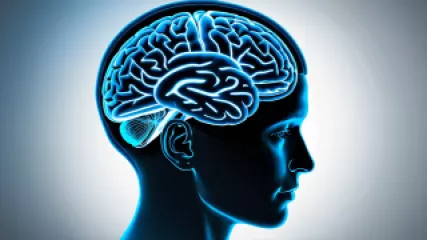Effective Ways to Manage Holiday Stress with Emotional Support
1 year ago
Handling Holiday Stress
Understanding Social Anxiety: Research Insights
1 year ago
Social Anxiety
Effective Conflict Management Training Strategies
1 year ago
Conflict Management
Learning Nonverbal Communication Skills from Popular Movies
1 year ago
Body Language Basics
Conquering Negative Thoughts with Cognitive Behavioral Therapy
1 year ago
Overcoming Negative Thinking
How to Find Mental Health Support During a Personal Crisis
1 year ago
Managing Personal Crisis
Enhancing Relationship Communication: Research Summary
1 year ago
Improving Relationship Communication
Building a Self-Discipline Improvement Program: A Step-by-Step Guide
1 year ago
Self Discipline
Exploring Modern Emotional Wellness Strategies
1 year ago
Emotional Wellness Strategies
How can optimism improve your health on your self-improvement journey?
1 year ago
Optimism and Health
The Impact of Psychology on Work Efficiency
1 year ago
Psychology of Productivity
Effective Ways to Access Veterans Mental Health Assistance
1 year ago
Therapy for Veterans
Learning About Sleep Disorders from a Book or Movie
1 year ago
Sleep Disorders
Effective Ways to Manage Criticism: A Step-by-Step Guide
1 year ago
Handling Criticism
Mastering Optimism for Better Health: The Ultimate Guide
1 year ago
Optimism and Health














